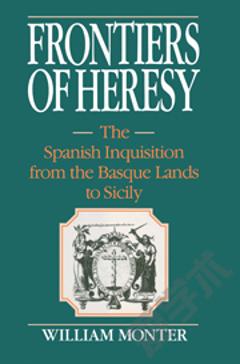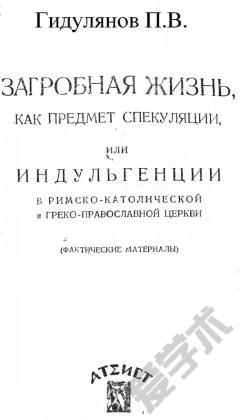Heavenly Serbia: From Myth to Genocide
The Politics of Serbia in the 1990s by Robert Thomas (New York: Columbia University Press, 1999, xx, 443pp, US$47.50 cloth, US$18.50 paper)The War in Bosnia-Herzegovina: Ethnic Conflict and International Intervention by Steven L. Burg and Paul S. Shoup (Amonk NY: M.E. Sharpe, 1999, xviii, 501pp, US$49.95, ISBN 1-56324-308-3)Heavenly Serbia: From Myth to Genocide by Branimir Anzulovic (New York: New York University Press, 1999, 233pp, US$24.95 cloth, ISBN 0814706711)'Of making more books there is no end...' writes Ecclesiastes (Chapter 12, Verse 12). Certainly the torrent of books on the disintegration of Yugoslavia and the wars that followed seems in no danger of drying up. One reason may be that most people still find it hard to understand how a reasonably prosperous, liberal (albeit communist - after a fashion - but no Stalinist dictatorship), tolerant, modern European state could suddenly tear itself apart with appalling bloodshed and cruelty.Branimir Anzulovic offers one answer: it was Serbian national myths that predisposed Serbs to aggression and genocide, although he does note at the beginning of his Conclusion that 'many Serbs want to live in peace with their neighbors and build an orderly and tolerant society.'(Those who have lived in Belgrade may cavil at 'orderly'). What has prevented them from doing so is a nationalist obsession with a Greater Serbia, aided and abetted by the Serbian Orthodox Church. Their myths lead them to believe that Serbs are a special people, favoured by God. Myth and history also combine to make them fearful of foreign domination - and even of their disappearance as a people.Anzulovic explores the myths in some detail, starting with the defeat of the mediaeval Serbian empire by the Ottoman Turks in 1389 in the battle of Kosovo Polje, and the epic poetry that has glorified it. He also has a lot to say about the blood-thirsty Montenegrin epic, 'The Mountain Wreath.' Certainly this style of literature is full of gore and does not engender tolerance towards Muslims, but it is not unique to Serbia; nor is the sense of being 'special.'The book includes some off-hand comments of dubious historical merit. To say that Serbia sponsored the assassination of the Austrian Crown Prince in Sarajevo in 1914 is, at best, misleading. So too is the reference to 'the decisions [presumably by the victorious Allies] to put several nations under the Serbian yoke in the early twentieth century,' which has been the standard Croatian nationalist line for almost eighty years.A more extraordinary (and irritating) argument is that since the Serbian national holiday of Vidovdan does not, as has been commonly supposed, celebrate St Vitus (not a saint in the Serbian Orthodox calendar) but rather the pagan Slav sun and war god vid, it 'symbolized the triumph of the Dinaric pagan-heroic ethos and a marriage of this ethos to imperial ambitions.' Whatever truth there may have been to this a century ago, it has no relevance today. Vid is much less well known to Serbs than the Norse gods are to Scandinavians (or, for that matter, to us).The author of this book obviously has no use for the Serbs and thinks that the creation of Yugoslavia was a poor idea. His exploration and debunking of Serbian myths (some of which has been done elsewhere) is interesting, but the influence he ascribes to them can only contribute to the demonization of the Serbs, which is already too prevalent.The War in Bosnia-Herzegovina is an altogether different kind of book and is probably the best account in print of that confusing and unhappy period. While the authors do not in any way whitewash the Serbs, their account is thoughtful and balanced: no one comes out of it entirely blameless. The book also offers a perceptive analysis of the role of outside powers - what they could or could not have done to change the logic of war.It contains many insights and some surprises. While most of the book deals with the war in Bosnia-Herzegonvina and the (generally unsuccessful) efforts to bring it to an end, the authors do spend some time on the importance of events in Croatia to the Bosnian struggle both at the beginning and towards the end. â¦
{{comment.content}}








 京公网安备 11010802027623号
京公网安备 11010802027623号